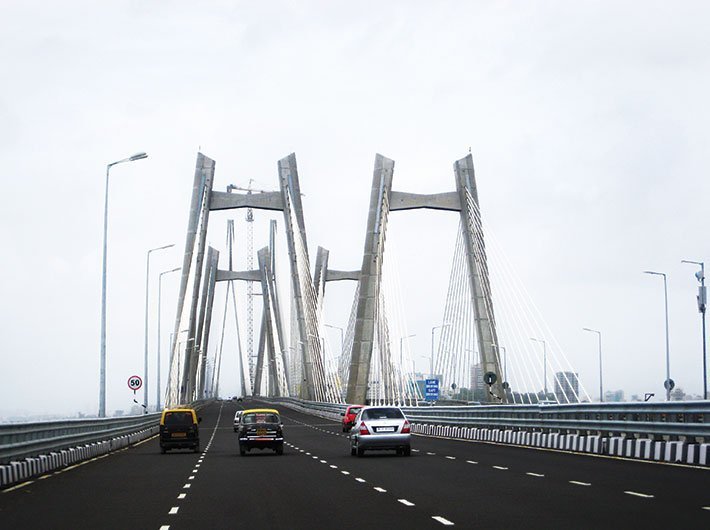A sero survey conducted in the second half of August shows the presence of Covid-19 antibodies in samples from Mumbai slums has decreased by 12 percent over the findings of the previous survey of July.
Presence of antibodies in the blood indicates that the person has likely been exposed to coronoavirus infection.
The latest survey says that Mumbai’s slum population has 45% prevalence of antibodies as against 57% reported in July. Meanwhile, sero prevelance in non-slum localities has gone up from 16% in July to 18%.
In women sero prevalence is marginally higher than in men in both the rounds. However, in the second round, sero prevalence in age group above 40 is slightly higher. Sero prevalence among healthcare workers in both rounds is approximately 27% average in four categories of work places – health posts, dispensaries, health office and programme field staff.
Both surveys were conducted in the same three wards of R/N, M/W and F/N in slum and non-slum areas. Statistical consideration of results of the first round and population size of each ward was the deciding factor for the sample size during the second round. Sampling included people who may have been symptomatic and recovered or asymptomatic without distinction and excluded those who were in institutionalized quarantine facilities during the survey. No samples were collected from active containment zones. Some 1-2% of the samples belonged to people who had participated in the previous round too.
“Sero positivity from the second round taken together with the number of reported cases from slum areas in these wards indicates there could be a reduction in the spread of infection in slum areas. Marginal increase in sero positivity of non-slum areas correlates with increase in reported cases in August from non-slum areas. Sero prevalence observed among the health care workers working in slum areas was lower than sero prevalence in the slum populations which could be due to corona appropriate behaviour which includes use of masks and hand hygiene,” according to a statement from the BrihanMumbai Municipal Corporation (BMC) on Thursday .
The SARS-CoV2 infection sero survey was commissioned by NITI Aayog, Municipal Corporation of Greater Mumbai (MCGM) and the Tata Institute of Fundamental Research (TIFR) along with Kasturba Molecular Diagnostic Laboratory, Translational Health Science and Technology Institute (THSTI), ATE Chandra Foundation and IDFC Institute.
In the first round, 6,936 samples out of about 8,870 were collected from general population from the three wards in slum and non-slum areas. Anti-SARS-CoV2 IgG antibodies were detected using Chemiluminescence Assay (CLIA) by Abbott with specificity (100%) and sensitivity (92%). For the second study out of 5,840 target samples, 5,384 (92%) participants were recruited from general population. There were 728 healthcare workers.
“Emerging scientific evidence hints at fall of antibody levels in recovered patients/asymptomatic patients over a period of time and might have contributed to the trend between two rounds of the sero survey. The impact of this on immunity if any is still unknown. Ongoing study analysis will provide information on presence of neutralizing antibodies and risk factors on SARS-CoV2 infection,” the BMC said.

